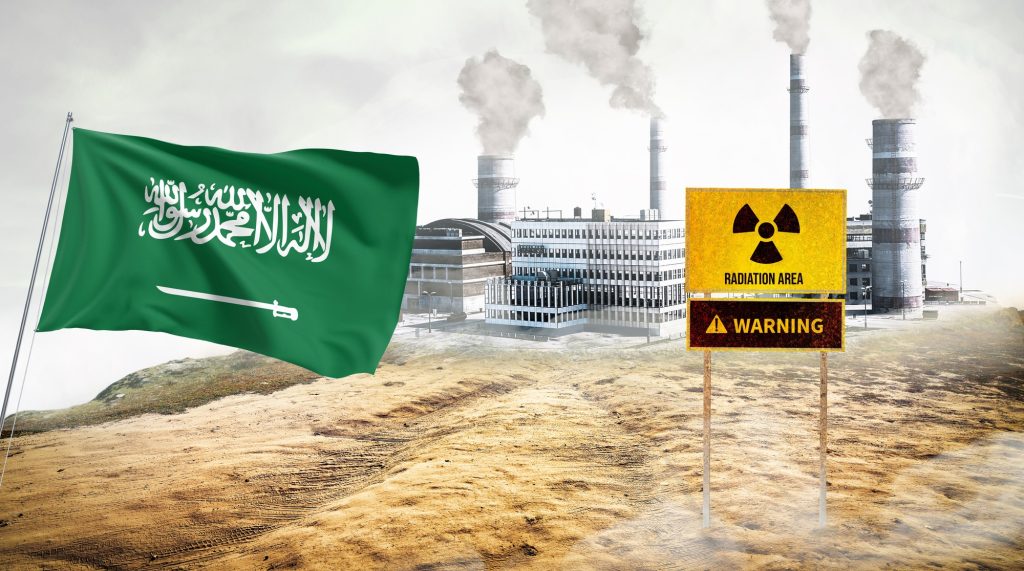The United States and Saudi Arabia are set to formalize an agreement focusing on energy investment and civilian nuclear technology, marking a significant step in strengthening their partnership. The arrangement, described as a memorandum of understanding, signals both countries’ intent to identify areas for collaboration across the energy sector, without immediate financial obligations.
US Energy Secretary Chris Wright highlighted the importance of American technologies and partnerships in this initiative, noting Saudi Arabia’s potential for solar energy and its ongoing efforts to enhance energy efficiency. Discussions between the nations are expected to expand later this year, particularly regarding nuclear cooperation.
The talks covered a broad spectrum, including critical minerals, industrial development, and climate change. Wright emphasized that the goal is to improve lives and address shared energy challenges. He also praised Saudi Arabia’s strategic investments in the US, predicting mutual economic benefits and stronger bilateral ties.
Wright addressed US trade policy, reiterating a push for fair and reciprocal trade practices. He discussed the administration’s focus on revitalizing American manufacturing and bringing back jobs, with tariffs seen as one tool to encourage domestic investment and economic opportunity.
On energy prices, Wright expressed confidence that future policies could lead to lower costs for consumers, arguing that increased production and fewer regulatory barriers would benefit both nations. He called for greater global energy investment, countering the narrative that energy consumption should be suppressed.
Saudi Arabia’s interest in expanding nuclear power was underscored, leveraging its mineral resources and experience in the energy sector. Wright stressed that long-term planning and sustained investment are essential for meeting future energy needs and driving economic growth, both regionally and worldwide.
